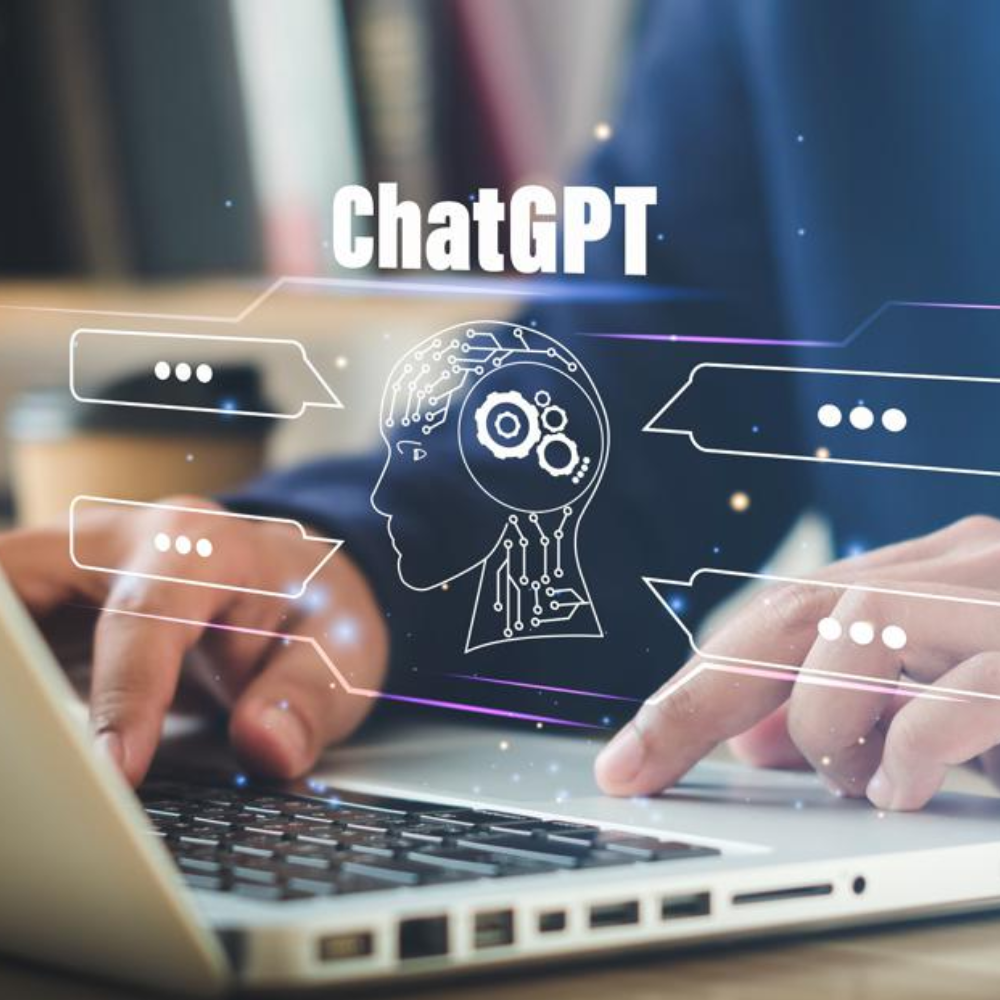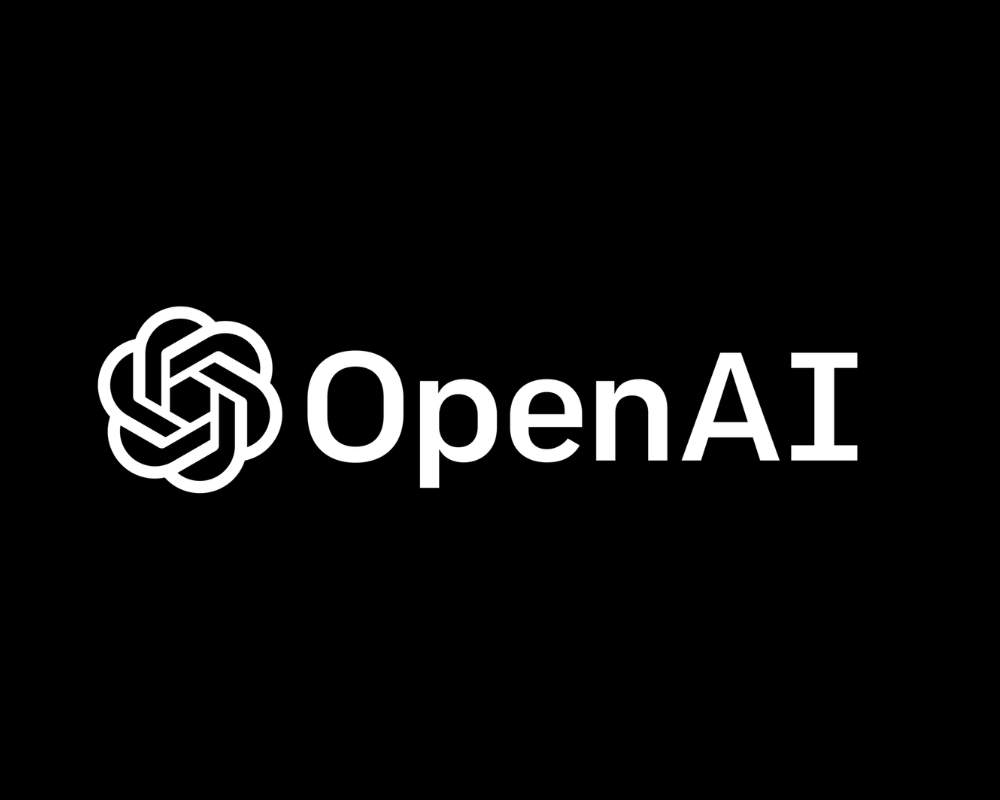
Since the launch of ChatGPT last November, professors and colleges have struggled to handle this new wave of students using AI tools to finish their assignments. Emily Hipchen, a board member of Brown University’s Academic Code Committee, raises a critical question: if plagiarism is stealing from a person, then do we know whether there exists a person from whom data is being stolen?
Is Using ChatGPT Considered Plagiarism?

The introduction of generative AI has raised questions about what precisely plagiarism is and how to keep academic integrity intact with digital research tools that have now come into play. Per ChatGPT, plagiarism is using someone else’s work and not giving them credit. But when the work is generated by an OpenAI, the definition doesn’t hold up. With newer technologies surging, the education world is also unwinding. They are adjusting and managing rules, and expectations just as other professions are taking it on. Alice Dailey, chair of the Academic Integrity Program at Villanova University, believes that with time, the definition of plagiarism will expand to digital tools that produce texts.
Students’ Perspectives on ChatGPT

A student at Rutgers University, Kai Cobbs, played around with the newest ChatGPT AI tool after hearing a lot about it from his colleagues. He typed into the bot requesting an essay on the history of capitalism, thinking he might get a satisfactorily produced, thoughtful response after his specific research directions were put into the AI chatbot. However, his result was a below-average, poorly constructed essay that needed more complexity. While many students agreed with Cobbs, others thought of the tool as just another spell-checker or a practical research assistant. However, many students take advantage of the high-capacity prompt input segment of ChatGPT to complete their assignments. It has become difficult for universities to analyze what qualifies as cheating here. Many universities, like Bryn Mawr College, Villanova University, and Brown University, are putting a ban on ChatGPT by clearly stating that the usage of any AI chatbots would be considered plagiarism.
Final Note
With such alarming questions about whether ChatGPT is simply a research tool or a plagiarism machine, the AI chatbot can actually be beneficial for learning new things. However, many educators are modifying their way of teaching by giving assignments bots can’t complete, like those requiring personal information or tales. Moreover, detecting AI usage can also be implemented by universities to stay ahead. Also, it’s an excellent way of showing students that AI has a lot of shortcomings and should only be used as a subordinate tool, at best.